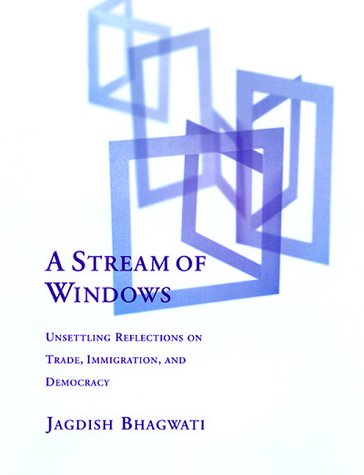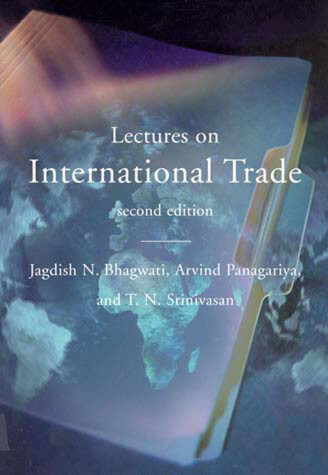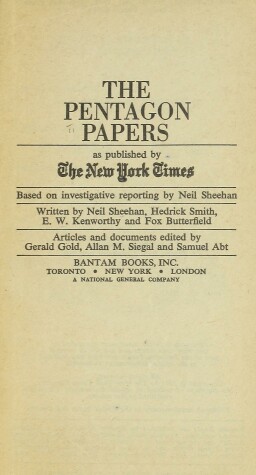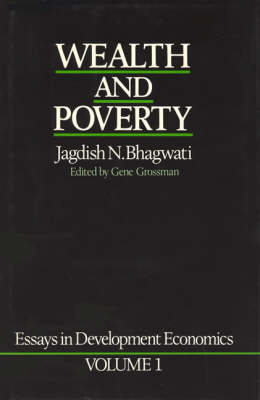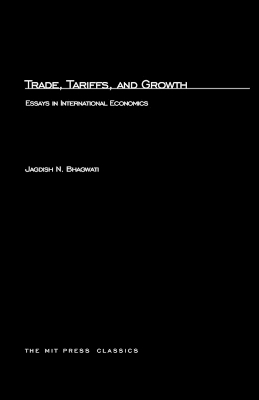The MIT Press
8 total works
The image captures the essence of the author's writings, which oppossed the demonization of Japan in the 1980s and early 1990s, and which aims to expose the folly of current U.S. policy equating free trade with free trade areas, challenge the bipartisan bashing of illegal immigrants, refute the conventional view that democracy hinders development, and other issues.
Lectures on International Trade
by Jagdish N. Bhagwati, Arvind Panagariya, and T N Srinivasan
Bhagwati's seminal work on the novel question of the appropriate income tax jurisdiction in the presence of international factor mobility, his well-known analyses of the consequences of skilled migration, the problem of the optimal choice between international capital and labor mobility, are all included.
Bhagwati's seminal work on the novel question of the appropriate income tax jurisdiction in the presence of international factor mobility, his well-known analyses of the consequences of skilled migration, the problem of the optimal choice between international capital and labor mobility, are all included.
Professor Bhagwati has brought together here his most important theoretical writings on international economics. A major contribution to the pure theory of international trade-his Economic Journal survey of the subject-is reprinted and provided with an addendum which brings it up to date. In addition there are papers on propositions relating to gains from trade, and papers on tariffs, quotas and subsidies, which cover both 'positive' and welfare aspects of trade theory. Reprinted here are his well-known papers on immiserizing growth, including a recent generalization, and on the theory of optimal policy intervention under domestic distortions. Four important essays on growth and development round out the volume. The fifteen essays reprinted in this collection comprise all the most original contributions and surveys which have established Professor Bhagwati as a leading theorist of international trade. The wide range of topics covered makes the whole book invaluable to all students of international economics.
